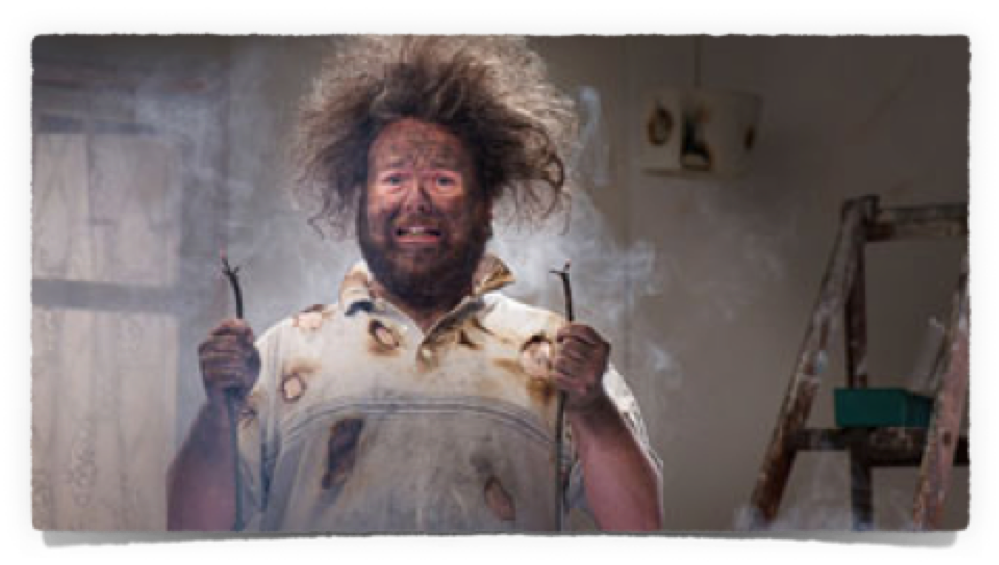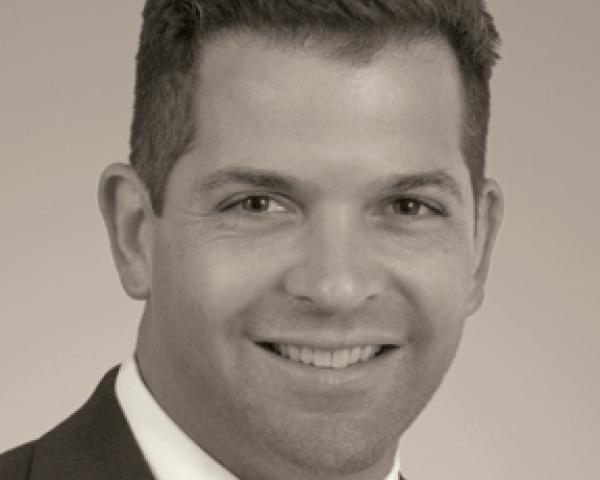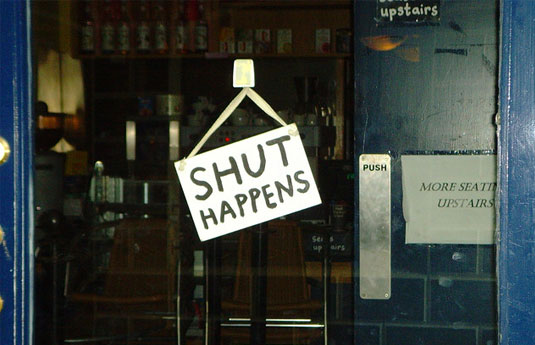It’s okay to get help!
Recently, we hired a business development professional. In learning our business model and marketing strategy, he asked, “Who is your biggest competitor?” We said: our customers -- the “do-it-yourselfers.” This struck him as odd, but it is the absolute truth.
We are in the business of preparing property claims that usually involve physical damage and business interruption. This is a very specialized practice that is part accounting, part insurance and part art. However, the companies we approach often feel they are in the best position to handle this process and do not need outside assistance.
Why is that?
When a claim is reported, the insurance company will assign an adjuster to the claim -- either an inside adjuster or an independent adjuster -- sometimes both. The adjuster is hired by and paid for by the insurance company to make sure the claim fits within terms and conditions of the insurance contract. The adjuster will rely on specialists of his own -- usually forensic accountants and forensic engineers. The specialists allow the adjuster to focus on his job of interpreting the coverage, reporting back to the insurance company and negotiating settlement on behalf of the insurance company. The specialists are there to verify the details of the claim that is presented to them by the policyholder. The insurance adjuster alone cannot and does not take on all of the responsibilities. The adjusters are the experts at this process -- it is their business and they do it every day -- but they still get specialized help.
So if the insurer handles claims this way, why would the insured not get expert help?
Think of the “do-it-yourselfer” project at home. Let’s say you're pretty handy around the house, so you look at that bathroom that needs remodeling and decide, “I’ll do it myself this weekend.” Technically, you CAN do it yourself -- you can take your crowbar and sawzall and do the demolition; you can handle laying the tile; and, with a little research, you could figure out the plumbing. The first weekend you go out to buy the extra tools you need and some supplies, and you get to work. Maybe the demo will go easily, but if you’ve ever tackled a home project, you know nothing is as easy as it seems, and it always takes more time than expected.
If you make it through the demo, you spend the rest of the weekend figuring out your strategy for the new bathroom. Because you have a day job, each evening that next week you try to make progress, but by the end of the week you are bleary-eyed from the stress of this unfamiliar work and the late nights of trial and error. The next weekend, you cannot get back to the work, because you have family activities. When the vanity arrives, you realize it does not quite fit the way it should. Next, you realize you need more tools. Your weekend project turns into months of disarray. If you stay the course, months later you’ll have a functional bathroom, but there are usually a few steps that you decide you’ll have to get to eventually. At this point, you're getting busier at work, and you just don’t have the bandwidth to get back to the myriad of subsequent bathroom issues, so you consider bringing in an expert to bail you out.
Preparing a claim is very similar, if you do it yourself. In addition to saving time, stress and compromising the results, your claim preparation expert has the tools of the trade, the skills and the experience to achieve an accurate and timely recovery. In contrast to the home improvement example, though, your claim preparer's fees should be covered, in part or in full, by your property policy. So, if you're not saving time or money by doing it yourself, and an expert will get you a better result, why would you not engage a professional claim preparer?
That question seems like a no-brainer, yet so many still take the DIY approach to property claims.
To sum up, it is okay to ask for help. The policyholder is not expected to be able to “do it yourself.” That is why you have professional fees coverage. The insurance company assigns its experts to adjust and audit your claims, and they’ll be better-equipped to meet their objectives than you will if you take the DIY approach. They are the insurers experts, so it is advisable for you to bring in your experts to represent your interests.
Here are a few suggestions of what to look for in a firm to prepare your claims.
- A loss accounting specialist, because insurance accounting is a unique trade. Typically, the firm will identify itself as forensic accountants.
- Experience with the types of property claims you have, in your industry or similar ones, and with at least 10 years in the field.
- Independence. This will ensure the firm is on your side with no conflicts of interest. Avoid allowing your insurer's accountants to calculate your losses. The same hold for any other party that may have a conflict.
- A firm that qualifies for professional fees coverage. The fees should be based on an hourly rating scale, not on contingencies. Property policies will have specific exclusions, such as public adjusters and broker affiliated services.
- A firm that is respected by insurers, adjusters and brokers. Your accountants should not threaten your relationships to achieve the result.
If you see the benefit of engaging a team to prepare your property and business interruption claims, do your due diligence ahead of a loss. Interview any qualifying candidates and make your choice. The firm should be involved in your claim from the very beginning.
If you take this advice, your claims will go much smoother, and the claim will be free of leaks and loose tiles.









